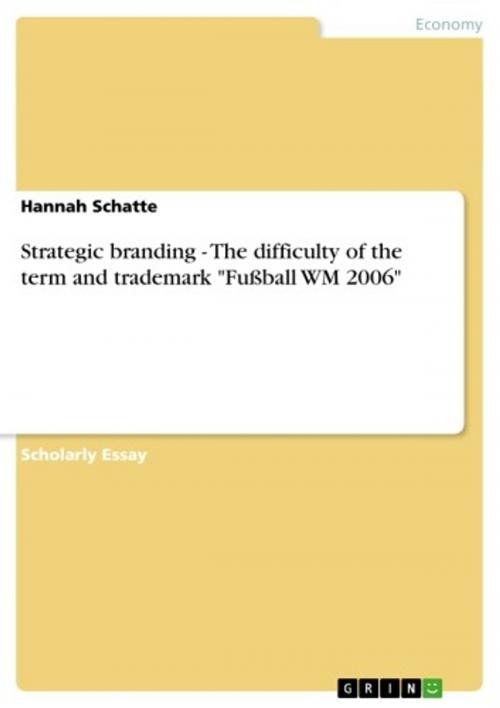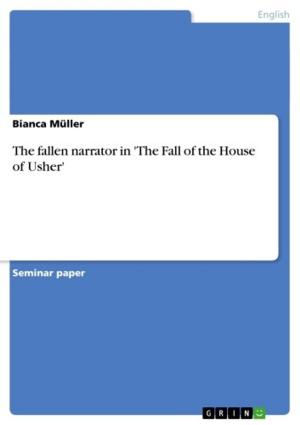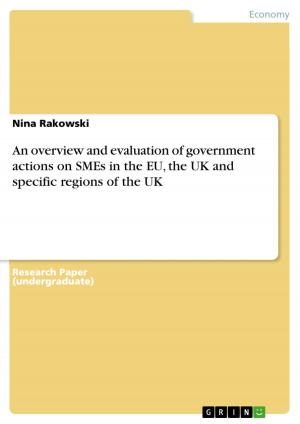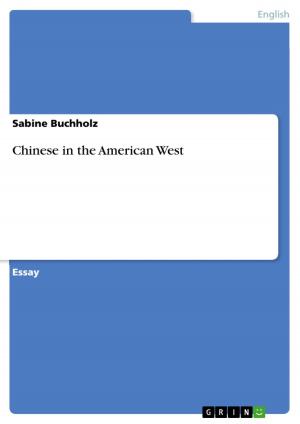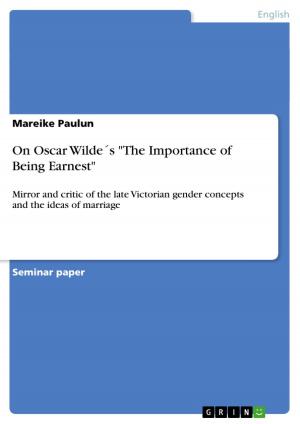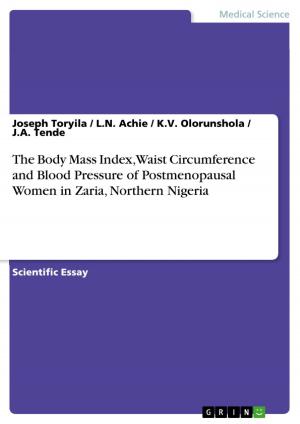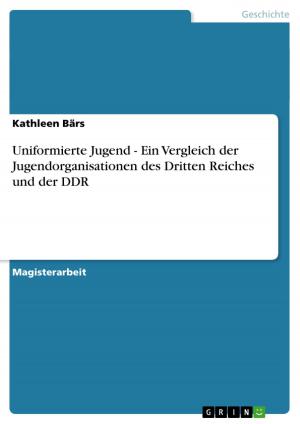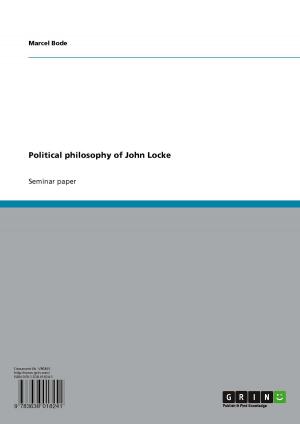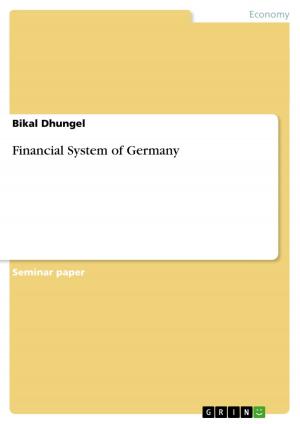Strategic branding - The difficulty of the term and trademark 'Fußball WM 2006'
The difficulty of the term and trademark 'Fußball WM 2006'
Business & Finance, Marketing & Sales| Author: | Hannah Schatte | ISBN: | 9783640417926 |
| Publisher: | GRIN Publishing | Publication: | September 3, 2009 |
| Imprint: | GRIN Publishing | Language: | English |
| Author: | Hannah Schatte |
| ISBN: | 9783640417926 |
| Publisher: | GRIN Publishing |
| Publication: | September 3, 2009 |
| Imprint: | GRIN Publishing |
| Language: | English |
Scientific Essay from the year 2009 in the subject Business economics - Marketing, Corporate Communication, CRM, Market Research, Social Media, grade: 1,3, Carl von Ossietzky University of Oldenburg, course: Intellectual Property, language: English, abstract: The Football World Cup ushers a gigantic marketing machinery where particularly industries such as tourism, catering, culture and media are hoping to gain massive revenues. Yet the commercialisation of this event does not only bring marketing managers, but also lawyers on board, because the major part of the earnings of those events are not formed by the ticket sales, but by the sponsorship money. Since the 1980s, sport-sponsoring has increased constantly, due to the fact that companies are hoping to gain an considerable increase in publicity and corporate image benefits. Given the huge expenses, it is not surprising that not only the organisator of the Football World Cup, namely the FIFA , but also the sponsors are longing for maximized exclusiveness of their trademarkrights. Along with this exclusiveness comes the concern about competition law matters, which are also adressed under the behaviour of Strategic Branding. This paper will deal with the problem of Strategic Branding and Ambush-Maketing in cases of eventmarks, using the example of the trademark 'Fussball WM 2006' to illustrate the general problems arising from the application of eventmarks.
Scientific Essay from the year 2009 in the subject Business economics - Marketing, Corporate Communication, CRM, Market Research, Social Media, grade: 1,3, Carl von Ossietzky University of Oldenburg, course: Intellectual Property, language: English, abstract: The Football World Cup ushers a gigantic marketing machinery where particularly industries such as tourism, catering, culture and media are hoping to gain massive revenues. Yet the commercialisation of this event does not only bring marketing managers, but also lawyers on board, because the major part of the earnings of those events are not formed by the ticket sales, but by the sponsorship money. Since the 1980s, sport-sponsoring has increased constantly, due to the fact that companies are hoping to gain an considerable increase in publicity and corporate image benefits. Given the huge expenses, it is not surprising that not only the organisator of the Football World Cup, namely the FIFA , but also the sponsors are longing for maximized exclusiveness of their trademarkrights. Along with this exclusiveness comes the concern about competition law matters, which are also adressed under the behaviour of Strategic Branding. This paper will deal with the problem of Strategic Branding and Ambush-Maketing in cases of eventmarks, using the example of the trademark 'Fussball WM 2006' to illustrate the general problems arising from the application of eventmarks.
